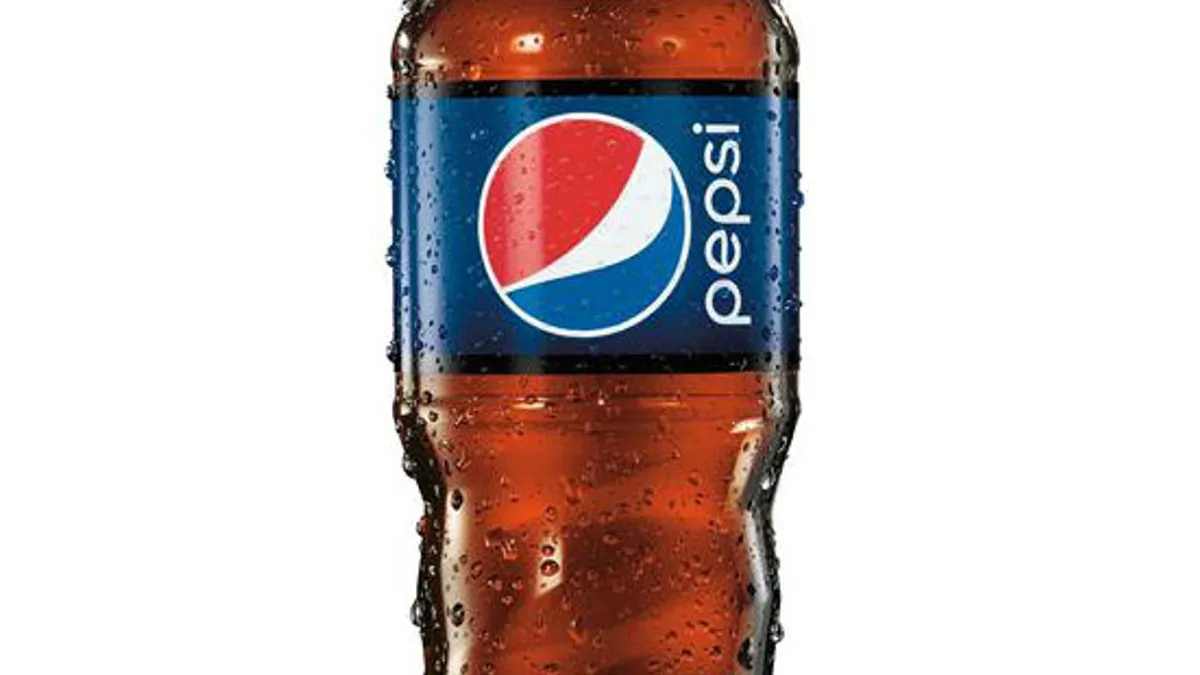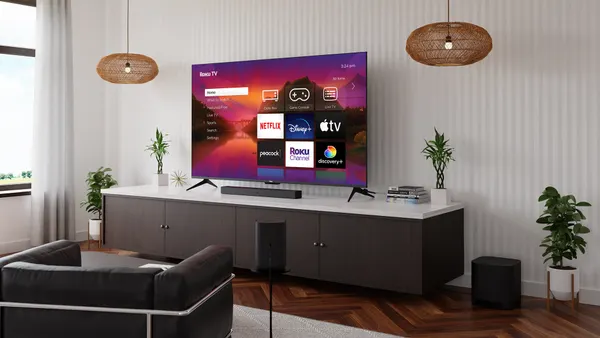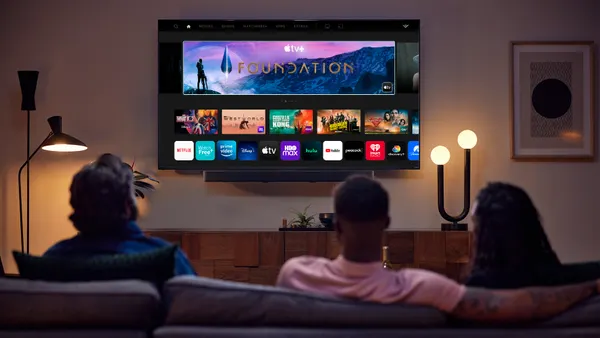Dive Brief:
- The blockchain alliance Project Proton announced Monday that its first major ad test increased cost efficiency 28% for viewable ad impressions through smart contracts, according to a report in The Drum. The alliance ran the test with PepsiCo in March in the Asia Pacific region.
- In the test, smart contracts reconciled impression data from multiple sources across the supply chain with payments that utilized the Project's Native Alliance Token. One campaign was conducted with smart contracts, and one without. The reconciliation is conducted automatically, transparently and in near real time. Every step is encrypted, with stakeholders accessing only their relevant data. In general industry practice, reconciliations are conducted only after a campaign is completed.
- In the test, PepsiCo worked with media agency Mindshare, a member of Project Proton. Other members are: Zilliqa Research, Rubicon Project, MediaMath, Underscore CLT and Integral Ad Science. Mindshare launched the Project in November of 2017 through a partnership with the Singapore-based Zilliqa, which promises a high-speed rate of transactions per second.
Dive Insight:
Despite some of the initial excitement from the advertising industry settling down around blockchain technology, it still holds the potential to address the complexity in digital media buying, where numerous stakeholders are involved and transactions happen quickly, according to a recent report from GroupM. The effort by Project Proton is the latest in a series of field tests of blockchain protocol for cleaning up the fraud and lack of transparency in digital ad buying and delivery. While the Project Proton test results hold out promise for the tech's potential to drive cost efficiencies, other test findings were more mixed.
Tests are likely to continue since blockchain technology is viewed as one of the most promising options for cleaning up the media supply chain, something stakeholders are under pressure to accomplish from big advertisers like Procter & Gamble and federal prosecutors.
Ad blockchain protocol Lucidity released a report in February about a pilot program it conducted in 2018, that found 86% of ad impressions on desktop, mobile web and in apps could be verified. For mobile in-app alone, the verification was a dismal 65%, but it was 96% for desktop and mobile web. However, for all clicks on all ads across all platforms, only 52% could be confirmed. The test was conducted as part of the Interactive Advertising Bureau Tech Lab's blockchain field test. As described in the report, the pilot program similarly used smart contracts to reconcile ad data discrepancies from multiple sources in the supply chain. If all sources agreed, the data was considered verified.
In June of last year, mobile ad platform Kiip launched with Anheuser-Busch what it described as the "first-ever blockchain mobile ad campaign." That effort also employed smart contracts to automatically resolve discrepancies between sources about ad delivery. In that test, however, the slow processing speed of standard blockchain protocol was not improved, as it was in Project Proton. Instead, data was written in real time to a non-blockchain file that acted as a placeholder ledger, and then written hourly to a public blockchain using Ethereum protocol, for permanent storage and accessibility.
In addition to Project Proton, other blockchain-based alliances for ad industry monitoring include ad blockchain firm MetaX and the Data and Marketing Association's adChain, the blockchain consortium launched by IBM and MediaOcean, and the Adschain Consortium formed by iProspect, Furturs.io, Mondadori MediaConnect and others.











